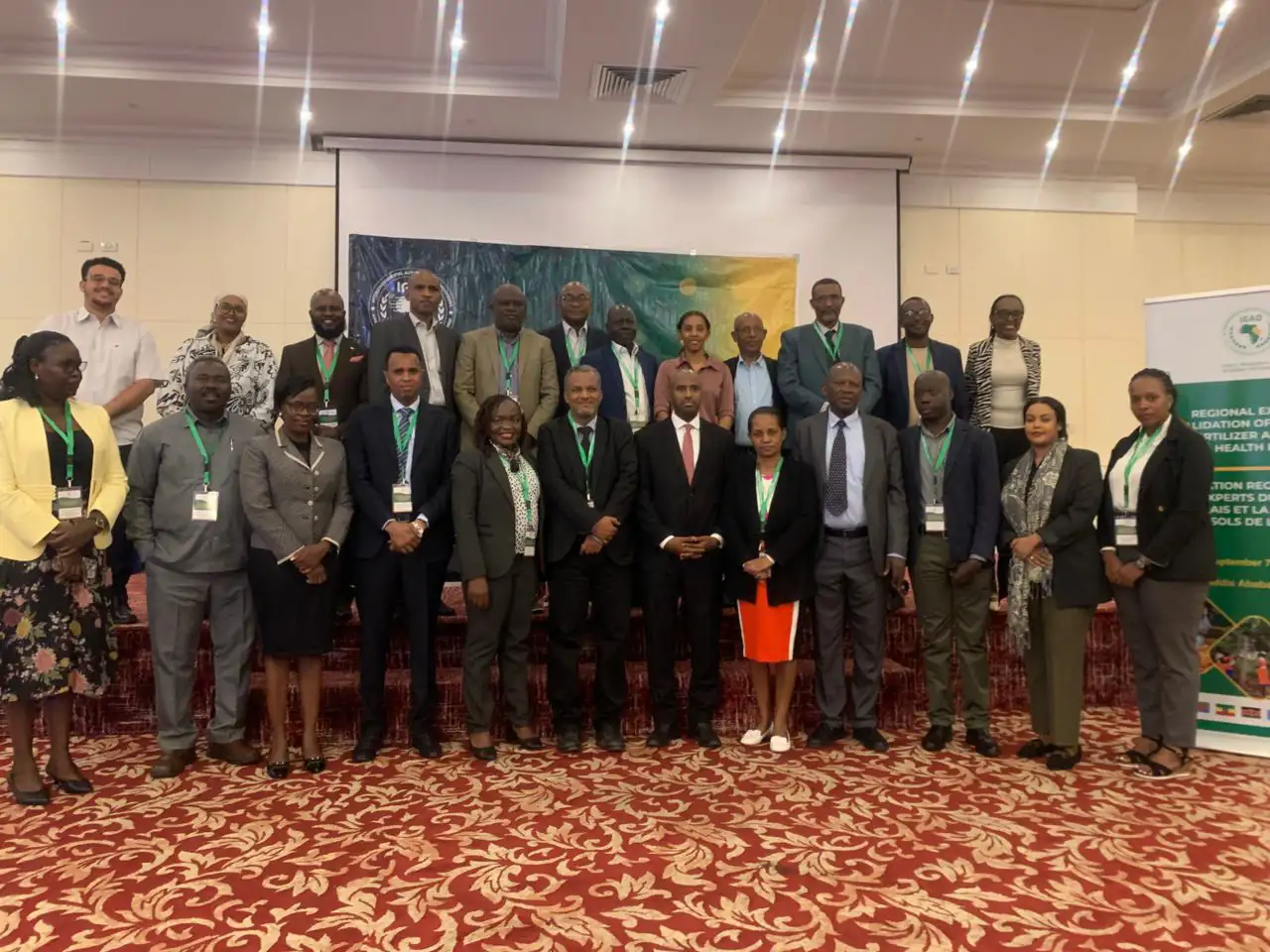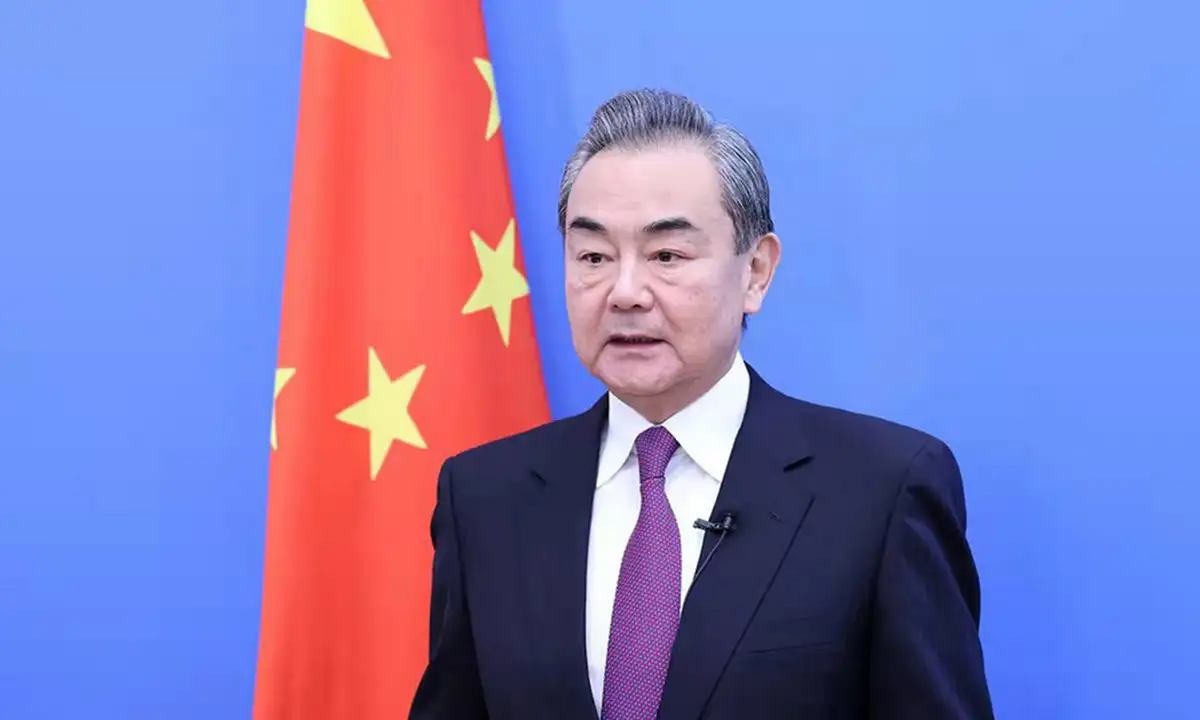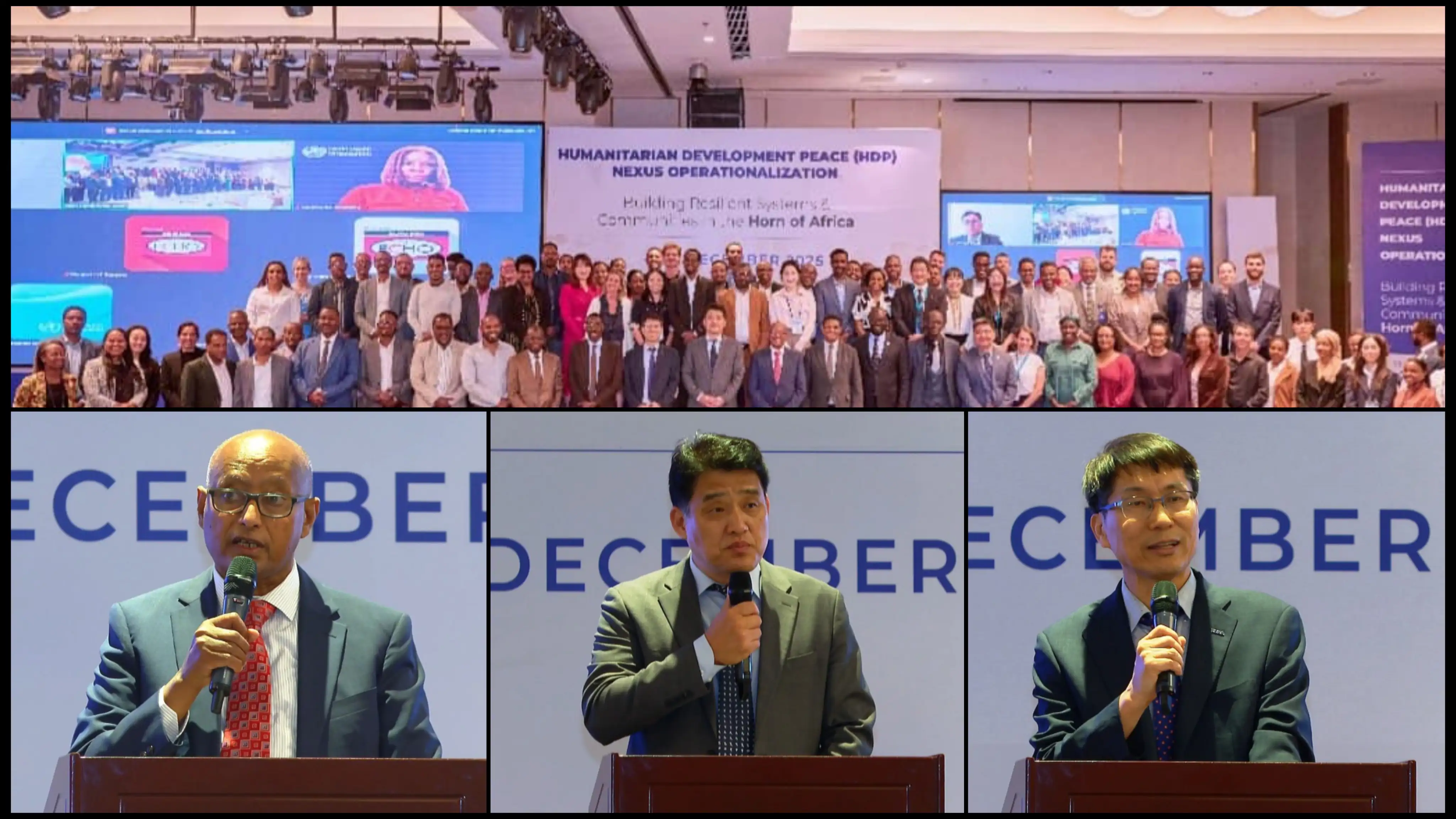The Intergovernmental Authority on Development (IGAD) is spearheading the initiative, culminating in a ministerial endorsement of the IGAD Fertiliser and Soil Health Hub Establishment Document and Implementation Plan scheduled for September 9th, 2025, on the sidelines of the Africa Climate Summit in Addis Ababa.
The Director for Agriculture and Environment Division of IGAD, Daher Elmi Houssein, opened the African Fertiliser Strategy Meeting today, emphasising the urgent need for collective action to enhance soil fertilisation and improve land management across member states.
The meeting, held in Addis Ababa, focused on implementing national action plans aimed at overcoming challenges like drought and ensuring food security.
Houssein highlighted Kenya's proactive approach, noting that the country has already launched its national action plan for soil fertilisation.
“Our goal is to ensure no member is left behind,” he stated, underscoring the importance of validating establishment documents and producing actionable plans. The agenda included finalising communication strategies for the Ministry of Agriculture, ensuring that all member states can effectively participate in these critical initiatives.
Houssein acknowledged the support from partners such as the World Bank and contributions from the recent UN summit, which play a vital role in advancing these efforts.
This plan stems from consultations following the Africa Fertiliser and Soil Health Summit in Nairobi, Kenya, earlier in 2024. It is a critical component of IGAD's Food Systems Resilience Program (FSRP), designed to strengthen agricultural systems against climate change and food insecurity.
The FSRP focuses on rebuilding agricultural production, supporting sustainable natural resource management, improving market access, and promoting policy changes to bolster food system resilience.
Before the ministerial endorsement, experts from IGAD member states will convene on September 7-8, 2025, to validate the Hub’s Establishment Document and Implementation Plan. This meeting will ensure the documents are thoroughly reviewed before presentation to the ministers.
At the opening of the experts' meeting in Addis Ababa, the Director for Agriculture and Environment Division of IGAD underscored the opportunity for collaborative action on soil health and sustainable land management.
A key aspect of Ethiopia’s soil health achievements is the contribution of the FSRP. The program has focused on practical, farmer-centred solutions, strengthening productivity while building long-term soil resilience. Specifically, the FSRP has supported the scaling up of lime application through demonstration plots in areas heavily impacted by soil acidity. These demonstrations have allowed farmers to directly observe the yield benefits of soil amendment practices, encouraging broader adoption.
The program promotes a balanced soil management approach, combining organic (compost, manure), biological (bio-fertilisers, cover crops), and chemical inputs. This integrated strategy restores soil structure, replenishes nutrients, and builds long-term fertility. Thousands of smallholder farmers have been trained on improved soil fertility management techniques. This includes practical guidance on composting, lime use, crop rotation, and balanced fertiliser application, equipping farmers with knowledge to sustain soil health. FSRP strengthens collaboration between research institutions, extension services, and farmers, ensuring that innovations and locally adapted technologies reach smallholders quickly and effectively.
For his part, Lire Abiyo, lead executive for soil resource development with the Ministry of Agriculture of Ethiopia, underscored the importance of continued collaboration in the region, stating, “Moving forward, in the next decade, let us continue to strengthen our alliance, share knowledge, and focus our efforts on ensuring that no one is left behind. Together we have the potential to turn challenges into opportunities, elevating the agricultural sector to new heights and securing a brighter future for all Africans.” He also announced the official opening of the IGAD Fertiliser and Soil Hub discussions.
The ministerial endorsement on September 9th will mark a significant step towards establishing a coordinated regional approach to fertiliser use and soil health, potentially replicating successes like Ethiopia’s and contributing to more resilient food systems in Eastern and Southern Africa.
In the meantime, Senait Regassa (PhD), Program Manager of the IGAD Food Systems Resilience Program (FSRP), announced the validation implementation plan for fertiliser and soil health.
Program Manager Senait emphasised the importance of this validation process, stating that it is a crucial step before the documents are presented to ministers of agriculture on September 9 for final endorsement.
“Our goal is to foster collaboration among member states while sharing knowledge and best practices,” she explained.
As the meeting progresses, participants are focused on addressing pressing issues related to sustainable land resource management and enhancing food security systems. The outcomes of this gathering could significantly influence agricultural policies and practices in the region, paving the way for a more resilient future in the face of climate challenges.




